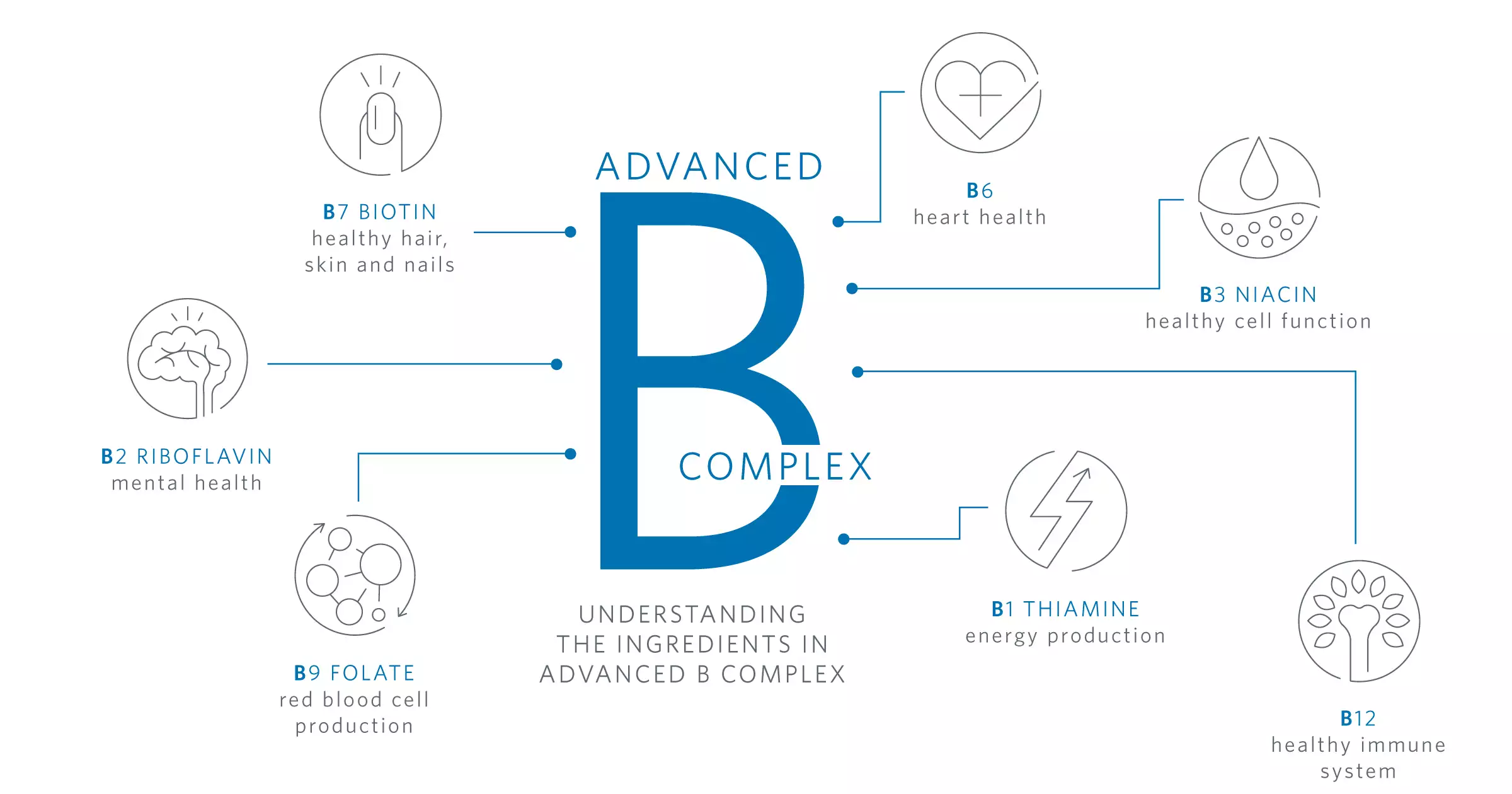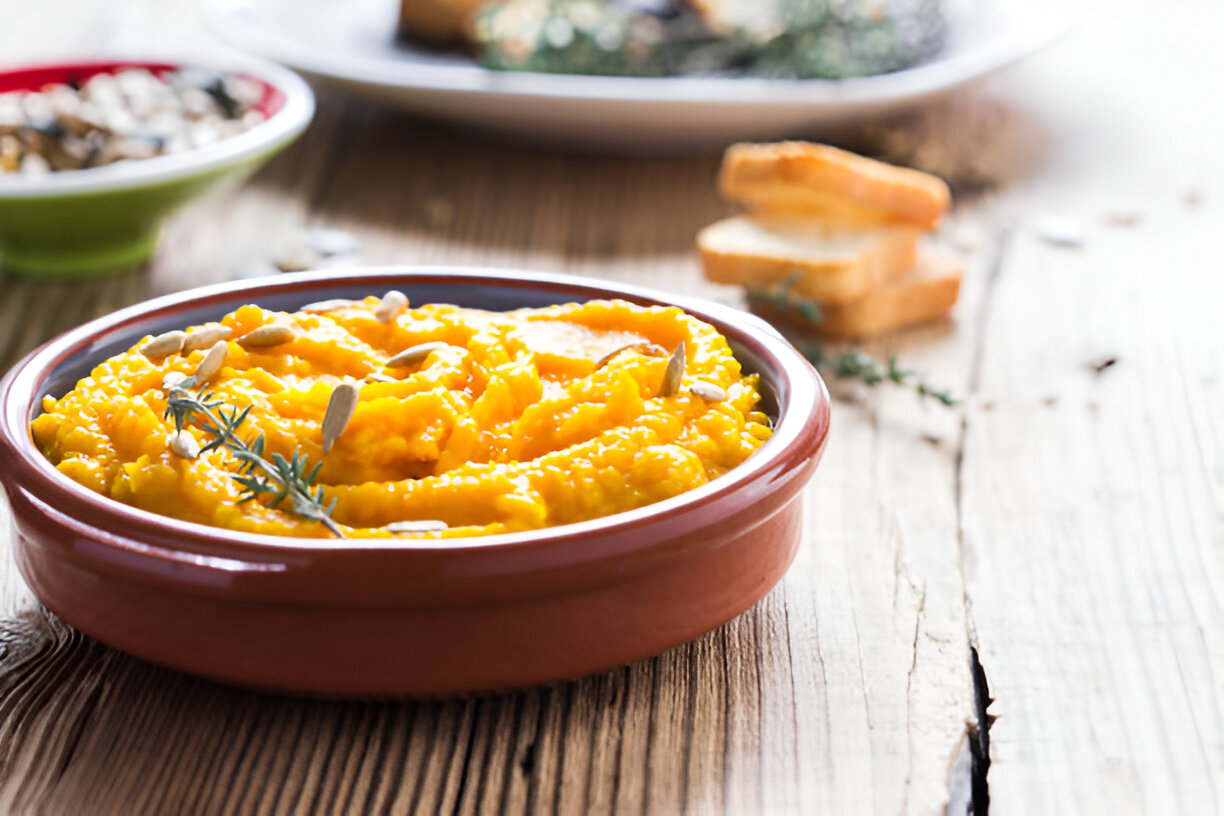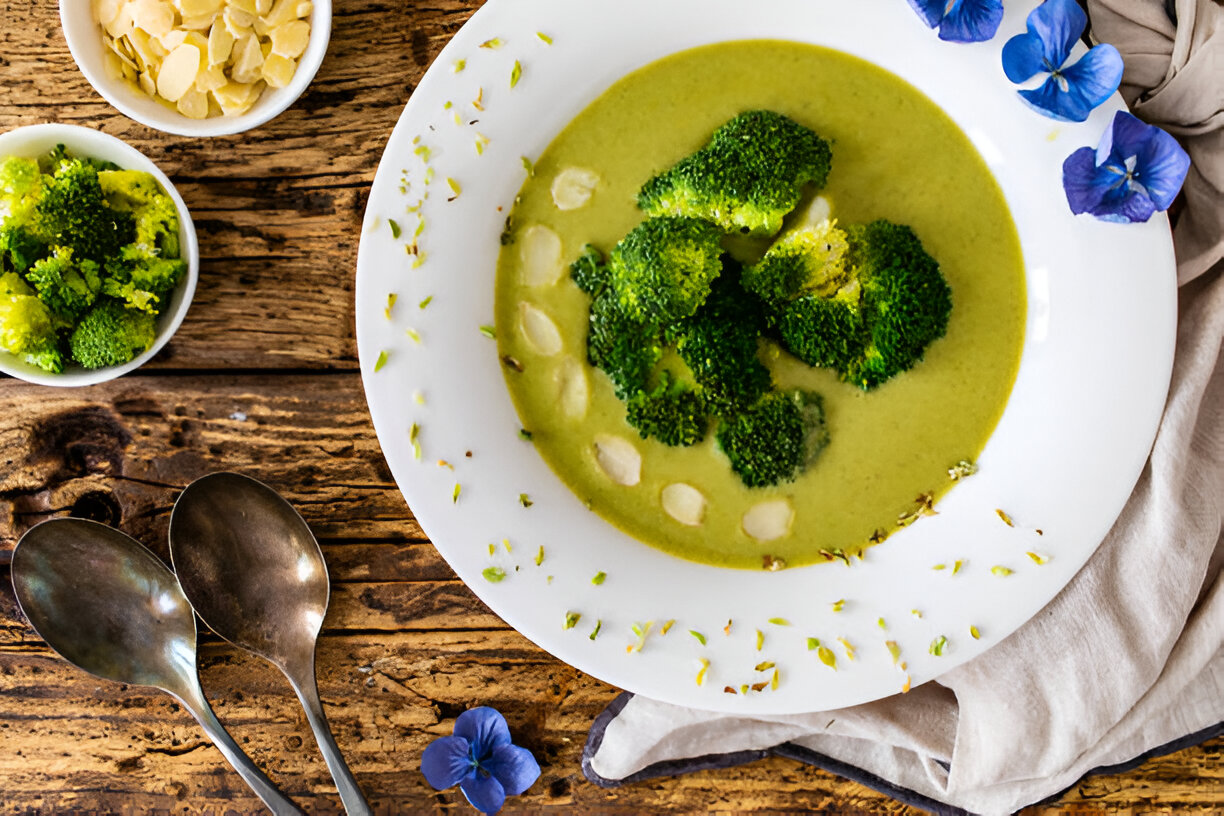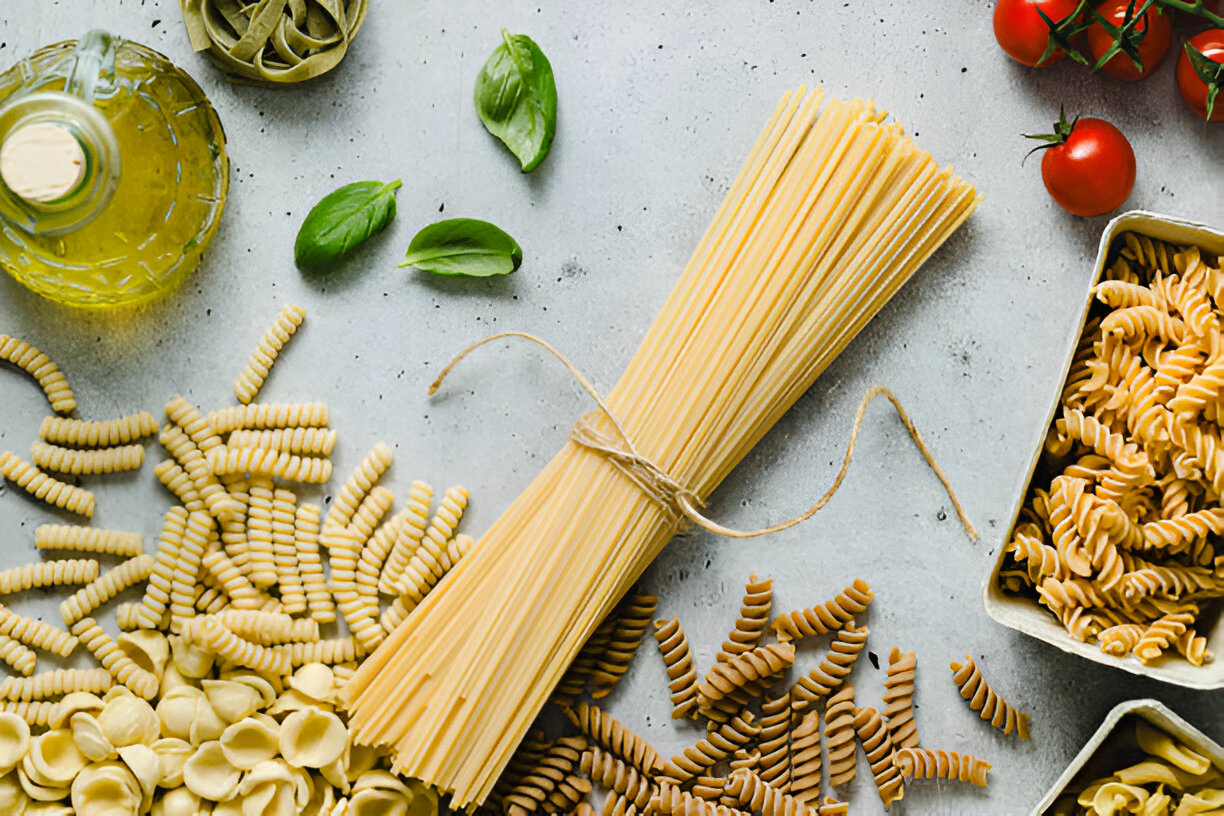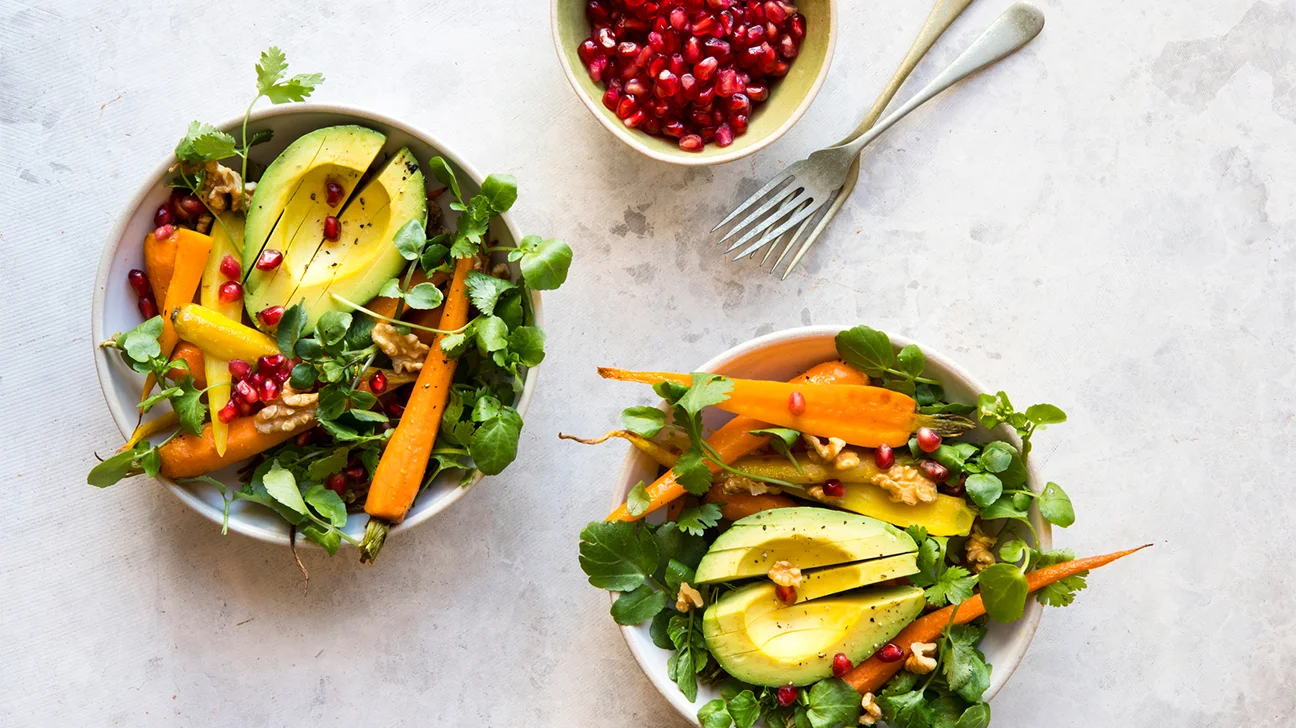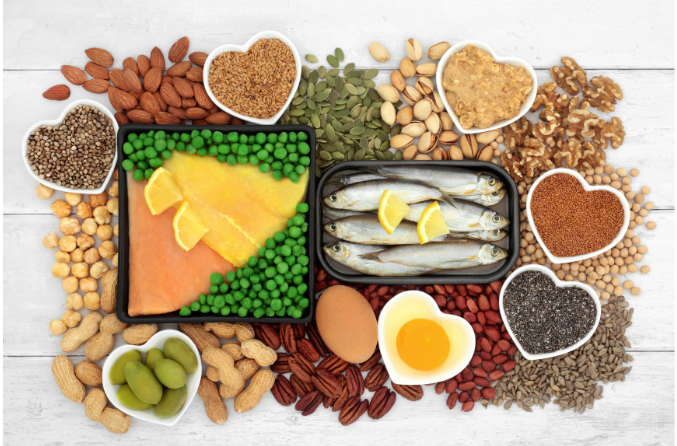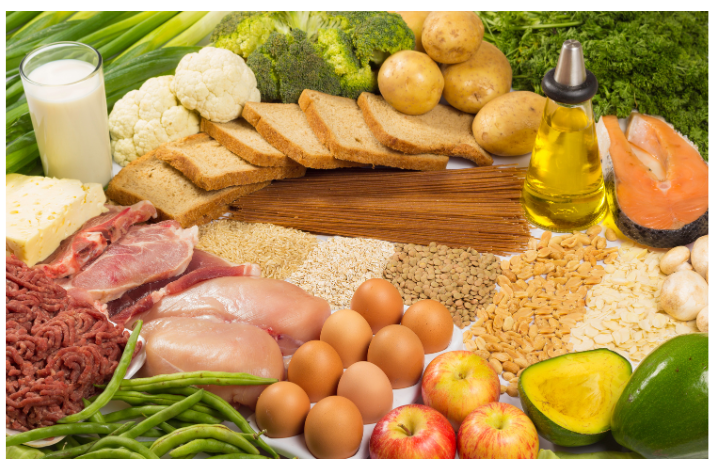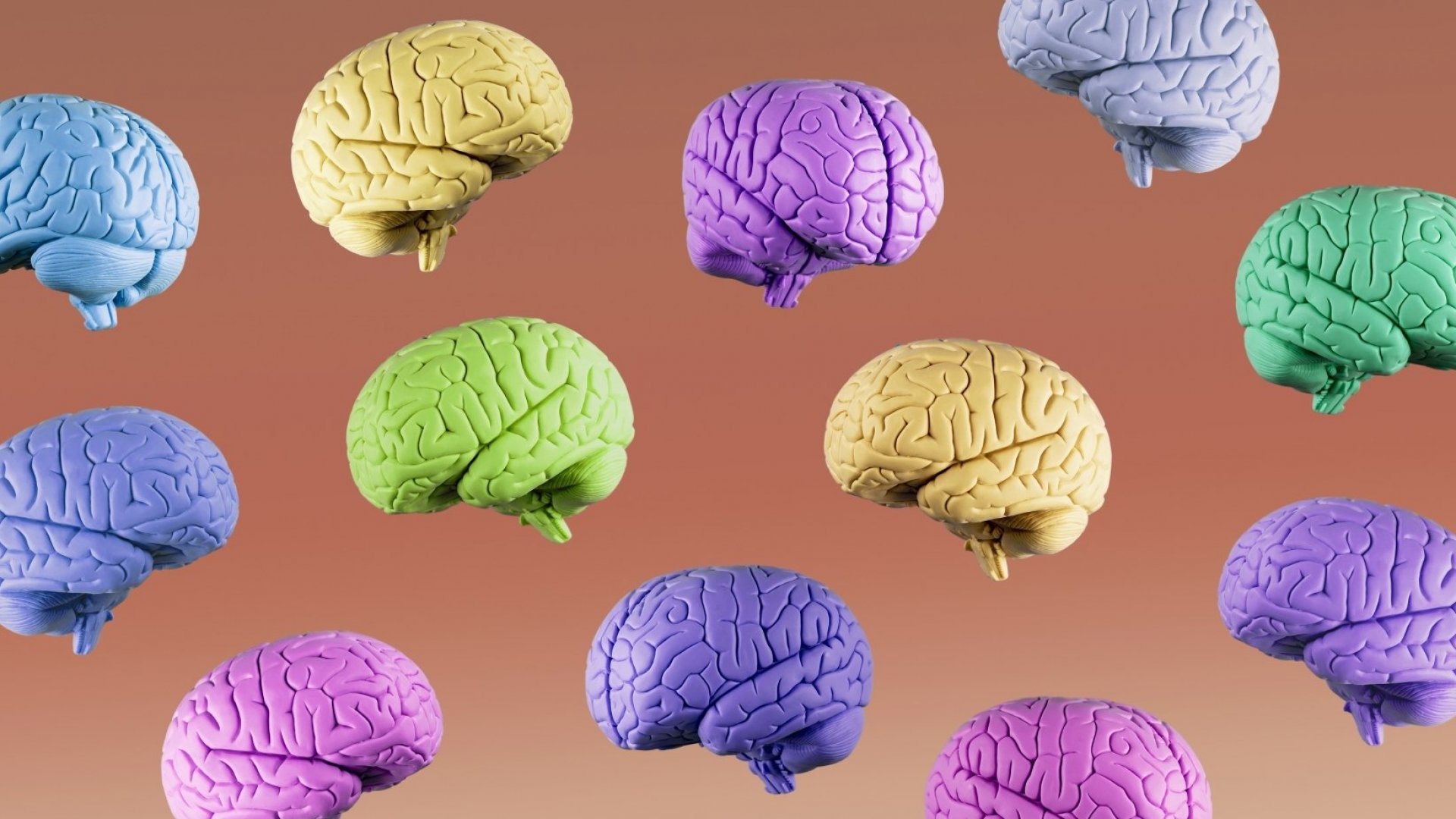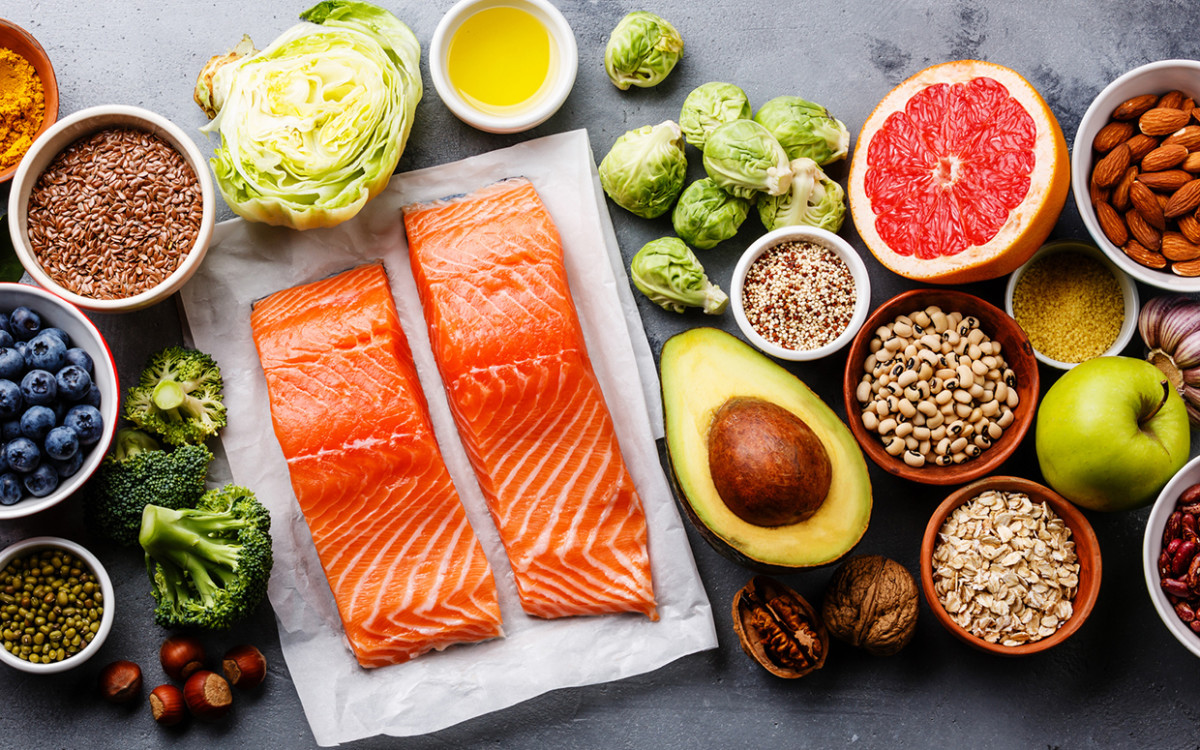

Along with exercising, avoiding toxins, and reducing stress, what you eat can have powerful effects on how you age, suggests a growing body of evidence. "Our goal shouldn't be to stop or slow aging itself, but to delay the onset and reduce the risk of age-related disease," says Andrew Weil, M.D., author of "Healthy Aging: A Lifelong Guide to Your Physical and Spiritual Well-Being." "Food can definitely help us do this."
Check Out Our Healthy-Aging Diet
Curry Rubbed Salmon with Napa Slaw
Soba, Tofu and Vegetable Stir-Fry
To understand how food can help us, consider two factors that James Joseph, Ph.D., a neuroscience researcher at Tufts University calls the "evil twins" of aging: oxidative stress and chronic inflammation. The first is caused by free radicals, by-products of metabolism that can damage the integrity of our cells. Normally, antioxidants (found in the body and in some foods) protect against them. But the burden of oxidative stress can outweigh our bodies' antioxidant defenses, especially as we get older. Oxidative stress can also activate the immune system. That's helpful in the short term, but the inflammatory process that results from immune-system activation can harm, too. When inflammation is unnecessarily prolonged, it can lead to disease. This, says Weil, may help explain why chronic illnesses such as Alzheimer's and arthritis increase with the years.
Getting sicker as we get older isn't a given, though, says Weil. Fighting the evil twins of aging and the diseases they promote can be as simple as enjoying a healthy meal. "Antioxidants in food help reduce oxidative stress," says Weil, "and nearly everything we eat either promotes or reduces inflammation."
Here's how you can attack the root causes of chronic disease and aging -- with your fork.
First Published: March 2008













